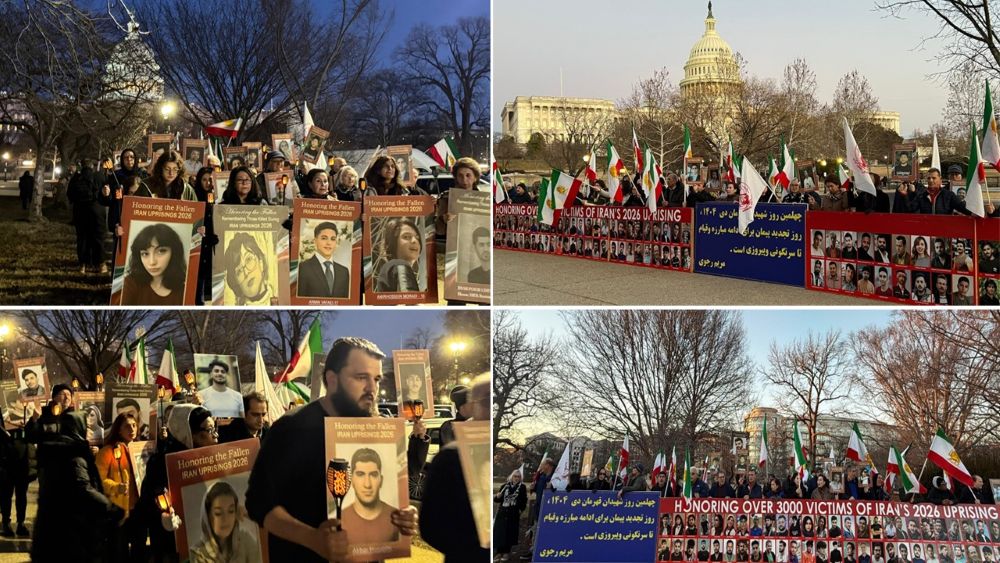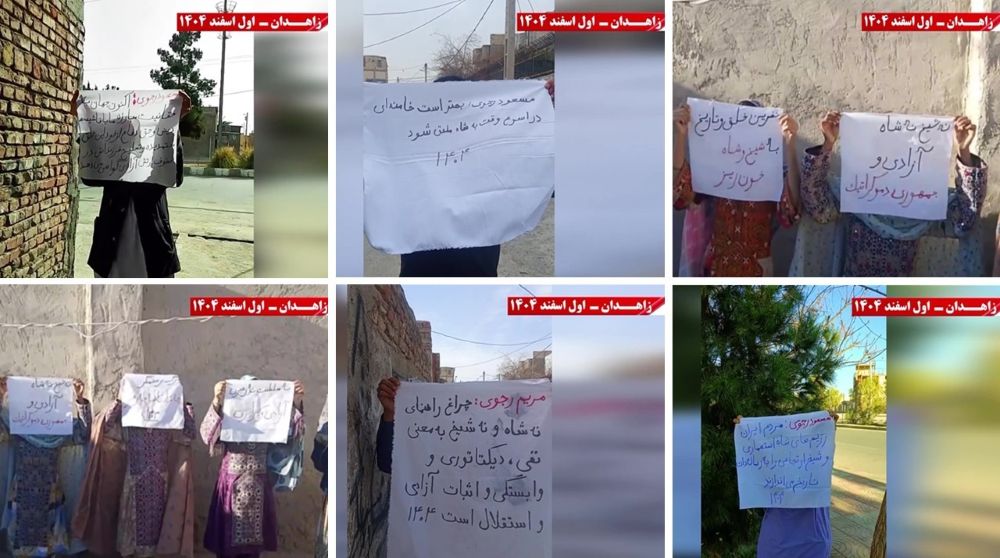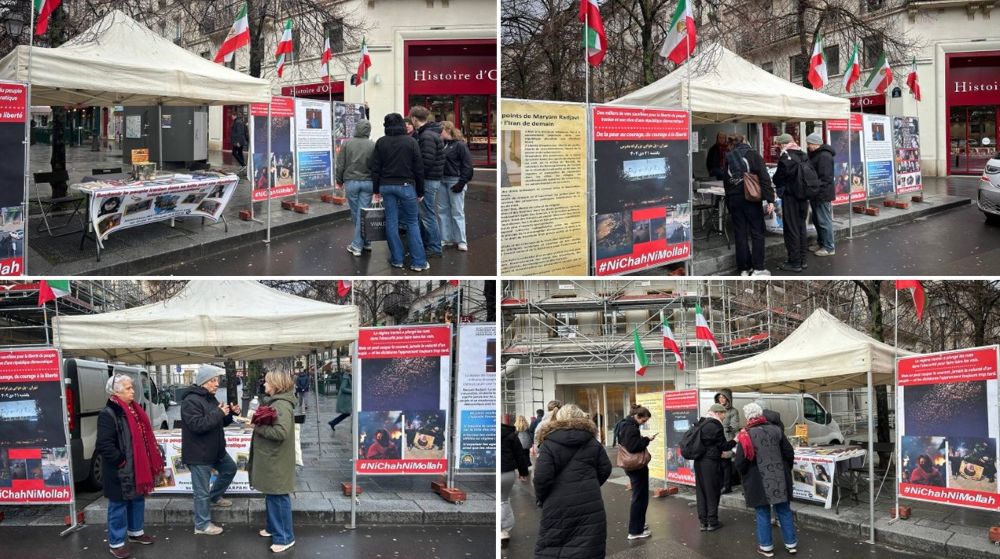The Iranian state-run media has been documenting a marked increase in factional infighting amongst the regime in the run-up to the presidential elections, as well as the unpopularity of the candidates, and the popular boycott campaign that is organized by the Resistance.
The Arman daily wrote Sunday, May 16: “While the system’s sympathizers repeatedly underline people’s very low motivation to participate in the election, the serious question is why [candidates] are busy with the façade and not paying attention to the core problems?”
After all, the low turnout problem, confirmed by “scientific and unbiased polls” is not helped by the hollow promises of the candidates. An example is a pledge by many candidates to quash corruption, even though the rot comes from the top down and by that, we mean that Supreme Leader Ali Khamenei is the most corrupt of all, but officials are unable to meaningfully challenge him. After all, these prominent candidates could all resolved the issue already from their high-ranking positions if they have the inclination and ability.
The Arman daily wrote: “During the last 42 years that you held various executive and judicial positions; did you not see corruption? Didn’t you watch it become institutionalized? Did you not have the tools to deal with corruption? … Whoever assumes the country’s executive branch for the next four years has one result, and that is the inefficiency of the country’s management over the past 40 years.”
This is the simple acknowledgement that there is no way to resolve the economic crisis, nor any of Iran’s problems, under the regime. What is needed is regime change, which is why boycotting the election is essential. It undermines the regime’s narrative that they are popular amongst the people and will isolate the mullahs internationally, making regime overthrow easier.
Meanwhile, the Jahan-e Sanat daily wrote Sunday about the role that the presidential candidates have played in creating the social and economic crises they promise to fix.
Their article read: “The same individuals want to blame their rivals. Now Iranians say that these [candidates] each were senior executives in different institutions and organizations for the past four decades, and they misled Iran’s economy.”
Also on Sunday, the Ebtekar daily wrote that the country’s problems include:
- Unequal distribution of subsidies amongst the people
- Poor foreign policy
- Regime’s lack of transparency
- Inflation
- Currency repression
- Mistrust by the people
- Belligerence
- No positive economic outlook
- Regional adventurism, including warmongering and terrorism
- No independence of the central bank



